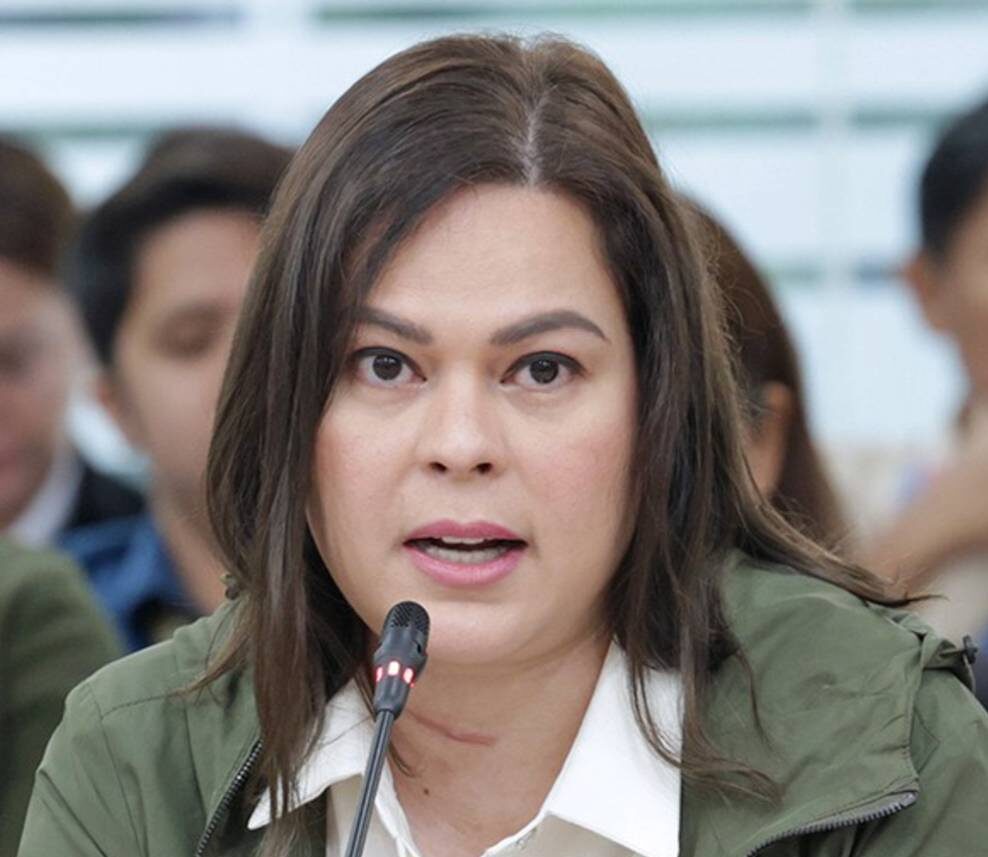Sara: No basis for summons since impeach raps ‘returned’

The “bloodbath” that she said she was looking forward to may have to wait.
Vice President Sara Duterte said she could not be compelled to answer allegations in the Articles of Impeachment that the House of Representatives (HOR) filed in February but which the Senate as an impeachment court returned to the House on June 10.
“Considering that the Articles of Impeachment were referred back to the HOR, there should be no reason for the issuance of summons to compel the Vice President to answer the charges contained therein,” Duterte told the Senate impeachment court, in her 35-page answer “ad cautelam” (with caution) filed by her lawyers on Monday afternoon.
“From the foregoing, one fact is clear: there are no articles of impeachment presently with this Court,” she added.
But she said she still had the right to be given the opportunity to reasonably answer the charges against her.
“After all, a person subject to impeachment proceedings is still entitled to due process of law and constitutionally guaranteed rights under the Bill of Rights. This includes the right to be informed of the nature of the cause and accusation against him,” she said.
Substantive
Duterte stressed that without the Articles of Impeachment in the Senate, requiring her to answer the allegations “is tantamount to requiring an accused to answer criminal charges which the court has not yet decided to act upon or receive.”
“This is not merely a procedural matter but a substantive one that this Court must acknowledge, in addition to the objections and affirmative defenses…” she said.
The Vice President has also asked the Senate to junk the articles of impeachment against her, describing these as “nothing more than a scrap of paper.”
Plea of not guilty
She said the fourth impeachment complaint against her violated the constitutional prohibition against the filing, within a year, of more than one case against an impeachable official.
Duterte said Article VII of the Fourth Impeachment complaint “does not contain any factual declarations purporting to constitute any impeachable offense.
“Thus there is nothing to answer … the totality of the circumstances invariably shows that there are no grounds for the impeachment of the Vice President. Conviction cannot thus be sustained,” she said.
“Considering all the foregoing, the Vice President enters a plea of not guilty, without waiving any of her jurisdictional and other objections over the charges,” she added in her reply.
Duterte also denied allegations against her, including bribery, corruption, betrayal of public trust, misuse of confidential funds, and political destabilization, saying these are “false, misleading, impertinent, and mere conclusions of fact and law.”
‘Unsupported assertions’
The allegation in relation to her previous statement that she had contracted someone to kill President Marcos, his wife first lady Liza Araneta-Marcos, and Speaker Martin Romualdez if she herself gets killed, “does not offer any proof thereof [and] does not show what acts allegedly constitute such ‘high crimes,’” she said.
“Worse, this conclusion is used as the basis for further unsupported assertions that the Vice President allegedly undermined peace and order, destabilized the government, and forwarded unconstitutional means of removing the President. This line of reasoning lacks any factual foundation. Such unsubstantiated allegations have no place in impeachment proceedings, or any legal proceeding,” she added.
“Even worse, the Fourth Impeachment Complaint proceeded to form another conclusion that accuses the Vice President of allegedly committing sedition, terrorism, ‘among other crimes.’ However, there was no allegation made to state how the elements of these crimes were committed by the Vice President or whether these elements exist at all,” Duterte said.
Any assertion that the confidential funds of the Office of the Vice President and the Department of Education were misappropriated for personal gain or were malversed “is not a statement of fact but a mere conclusion of law that only a court on the basis of evidence presented can make,” she added.
“No final decision exists declaring the disbursements illegal, unjustifiable, exorbitant, excessive, extravagant, and/or unconscionable. The 19th HOR thus cannot arrogate upon itself the functions belonging exclusively to the Commission on Audit and ultimately, the Supreme Court,” she said.

















